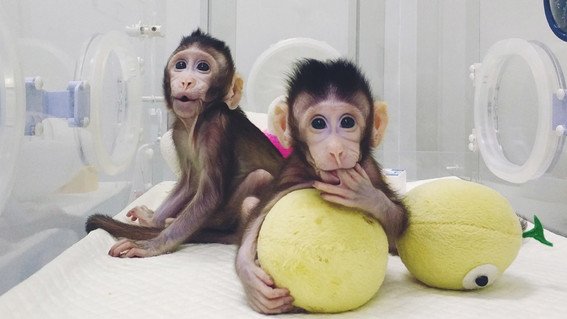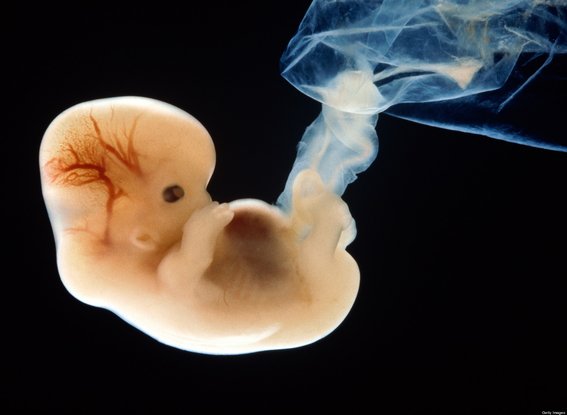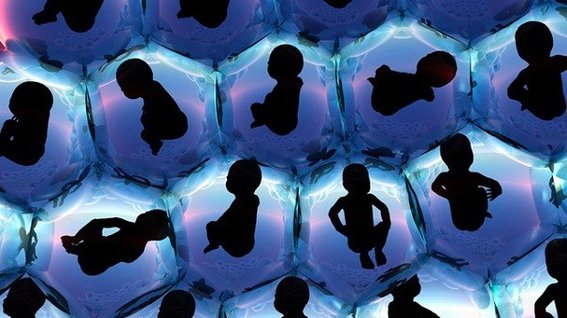
Humans belong to the order of primates. After the cloning of two macaques, can we create a copy of ourselves?
Zhong Zhong and Hua Hua are two female macaques born in China at the beginning of 2018 with a particularity that made them famous: they were cloned.
The commotion on the news was not for less; a mammal so close to humans had never been cloned with such success and raised a host of concerns and suspicions of a scientific and ethical debate that did not reach such high levels of exposure since 1996, when Dolly the sheep was first introduced to the world. cloned mammal from an adult cell. In such a context, an obligatory question arises:
Is it possible to create clones of a human being today?

The genetic resemblance that our species has with other primates is close to 96%, however, not only separates us a tiny difference in the DNA sequences, but also an evolutionary path of just over 7 million years, which makes the possibility of cloning human beings as happened with the macaques.
The technique used by Chinese scientists required more than a hundred embryos, so it is still highly inefficient (based on statistics, in more than 90%). This, added to the degree of even greater difficulty involved in human cells and the ethical dilemmas that would involve cloning a human make this possibility, rather than lean out to reality, still part of science fiction. The scientists in charge of the experiment have denied again and again that the technique used can be replicated in humans; nevertheless, it can benefit our species directly through medical research.
In practical terms, cloning is divided into two types according to their intention: reproductive or therapeutic. Zhong Zhong and Hua Hua were cloned with the intention of creating a fully functional organism from another; however, this is not the goal of cloning that could be applied in humans sooner than we think.
Human cloning: the therapy of the future

The therapeutic cloning consists of obtaining the genetic information of the nucleus of a cell of a person, not to use it for reproductive purposes and to create a baby, but with the intention of obtaining stem cells capable of specializing and reproducing to form any tissue.
The development of this technique would be a watershed in the history of medicine, since it opens the possibility of obtaining a replica of a specific organ of any person, as if it were a "factory replacement" identical to the original piece, eliminating the risks and problems inherent to the achievement of transplants and, at the same time, explore therapies for chronic diseases that are currently incurable.
Before the announcement of the macaques, some voices called for the creation of an ethical framework on the cloning of primates and the consequent experiments, an international regulation that the organizations and genetic research centers fully comply with. Therefore, it is valid to theorize about the identity of a cloned human being or what his behavior would be to know that it is a replica, if it would be a subject of law identical to a person born naturally or the reason for doing so; however, the answers will still have to wait.
To the question in your title, my Magic 8-Ball says:
Hi! I'm a bot, and this answer was posted automatically. Check this post out for more information.
This is disgusting